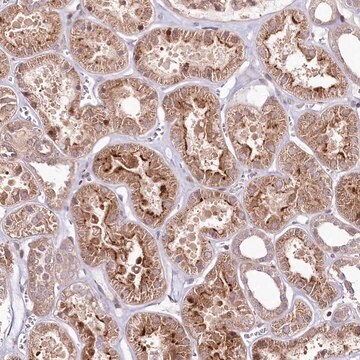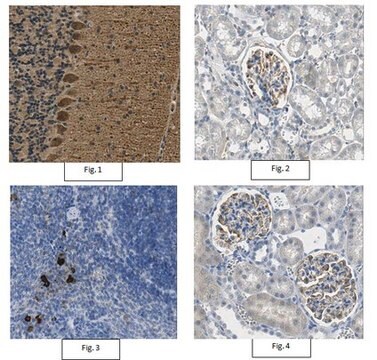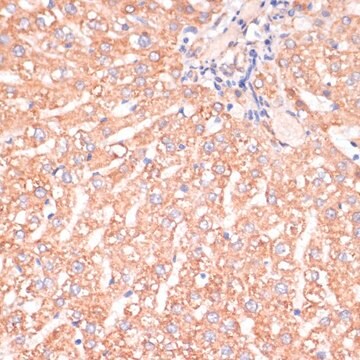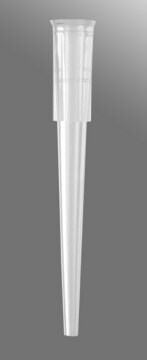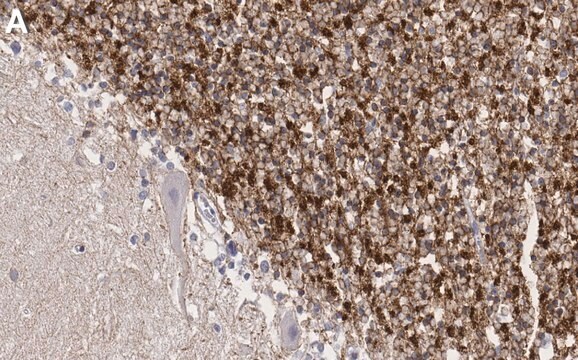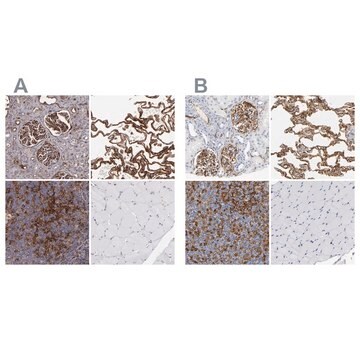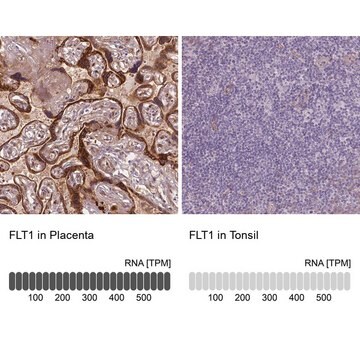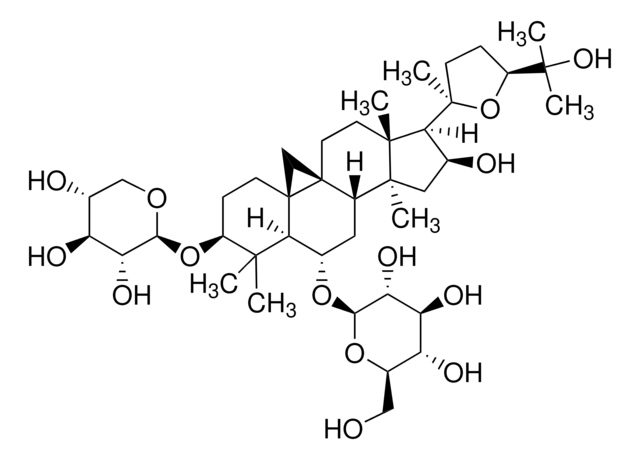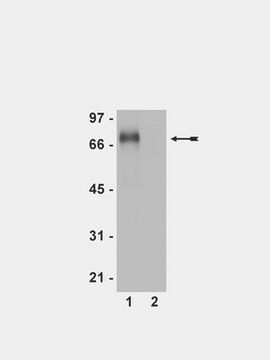MAB1664
Anti-VEGF Receptor-1 Antibody
Chemicon®, from mouse
Synonym(s):
FLT-1
About This Item
Recommended Products
biological source
mouse
Quality Level
antibody form
affinity purified immunoglobulin
antibody product type
primary antibodies
clone
monoclonal
species reactivity
human, mouse
manufacturer/tradename
Chemicon®
technique(s)
ELISA: suitable
western blot: suitable
isotype
IgG1
NCBI accession no.
UniProt accession no.
shipped in
wet ice
target post-translational modification
unmodified
Gene Information
human ... FLT1(2321)
Specificity
1998; Sait et al., 1995; deVries et al., 1992).
SPECIES REACTIVITIES:
Antibody crossreacts with mouse Flt-1. No significant sequence homology is seen with human VEGF-R2/KDR or other related kinases. Antibody crossreactivity in other species is not established.
Immunogen
Application
Signaling
Growth Factors & Receptors
Flow cytometry: Dilute the antibody to 25 μg/mL and use 10-20 μL antibody for 1-2 x 10E5 cells in a total volume of 200-250 μL. Visualize with appropriate secondary antibodies.
ELISA: 1:10,000 - 1:100,000, using 50-100ng of control peptide/well.
Optimal working dilutions must be determined by end user.
Physical form
Storage and Stability
Other Notes
Legal Information
Disclaimer
Not finding the right product?
Try our Product Selector Tool.
Storage Class Code
12 - Non Combustible Liquids
WGK
WGK 2
Flash Point(F)
Not applicable
Flash Point(C)
Not applicable
Regulatory Listings
Regulatory Listings are mainly provided for chemical products. Only limited information can be provided here for non-chemical products. No entry means none of the components are listed. It is the user’s obligation to ensure the safe and legal use of the product.
JAN Code
MAB1664:
Certificates of Analysis (COA)
Search for Certificates of Analysis (COA) by entering the products Lot/Batch Number. Lot and Batch Numbers can be found on a product’s label following the words ‘Lot’ or ‘Batch’.
Already Own This Product?
Find documentation for the products that you have recently purchased in the Document Library.
Our team of scientists has experience in all areas of research including Life Science, Material Science, Chemical Synthesis, Chromatography, Analytical and many others.
Contact Technical Service